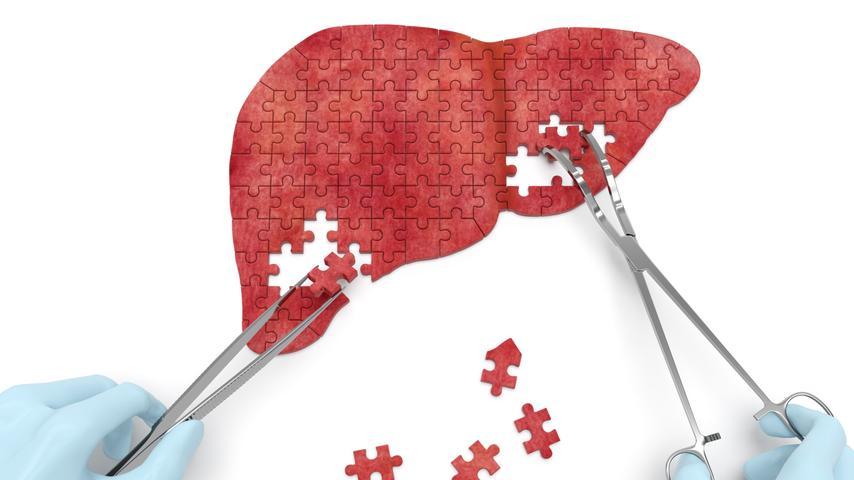Need Help
For enquiries please call
WhatsApp

L.B. Nagar,
Hyderabad
Lakdi-Ka-Pul,
Hyderabad
Parel,
Mumbai
Kengeri,
Bengaluru
Perumbakkam – Sholinganallur,
Chennai
L.B. Nagar,
Hyderabad
Lakdi-Ka-Pul,
Hyderabad
Parel,
Mumbai
Kengeri,
Bengaluru
Perumbakkam – Sholinganallur,
Chennai
Liver Disease account for approximately 2 million deaths per year worldwide and Liver Cirrhosis is currently the 11th most common cause of death globally.
World Liver Day- Act now for better prevention
TYPES OF LIVER DISEASES
Hepatitis - refers to an inflammatory condition of the liver. It is commonly caused by a viral infection, but there are other possible causes of Hepatitis which include Autoimmune Hepatitis and Hepatitis that occurs as a secondary result of medications, drugs, toxins, and alcohol.
Cirrhosis - is a late stage of scarring or fibrosis of the liver caused by many forms of liver diseases and conditions, such as Hepatitis and chronic alcoholism.
Liver Tumors - Benign Liver Tumors are very common and do not spread to other areas of the body, not posing a serious health risk.
Liver Abscess - A Pyogenic Liver Abscess (PLA) is a pocket of pus that forms in the Liver due to a bacterial infection.
SYMPTOMS
CAUSES
Congenital Liver Disease:
Acquired Liver Disease:
DIAGNOSIS
TREATMENT
Congenital Liver Diseases- Diet has to be watched carefully, so as not to put any unnecessary stress on the Liver. Biliary Atresia, a surgical procedure can be done to allow bile to drain from the Liver. Wilson's Disease, a chelating agent is used to remove the excess copper. In all these conditions, if the damage is too severe, a transplant may be needed.
Hepatitis B and C - Chronic Hepatitis B and C are treated with antiviral drugs. Early treatment can stop it from becoming chronic and preventing the Cirrhosis of the Liver. Hepatitis B is more difficult to treat as it tends to recur once the treatment has stopped. If you have Hepatitis B, you might have to take antiviral drugs lifelong.
Autoimmune Hepatitis - Medicines that make the immune system less active (immune suppressants, often in the form of steroids such as cortisone) are the main treatment for Auto-Immune Hepatitis.
Non-alcoholic fatty liver disease (NAFLD) - The treatment for this condition involves identifying and treating underlying metabolic conditions such as diabetes, improving insulin resistance with lifestyle changes and medication and using antioxidants to protect the Liver from Cirrhosis. Weight loss and exercise are mandatory in this condition.
Cirrhosis - If the Cirrhosis is a result of alcohol or drug abuse, the substance abuse must be stopped completely to prevent further damage.
Liver Failure - The only treatment that can restore Liver function is a transplant.
Liver Cancer - Treatment of Liver Cancer depends on the stage that cancer has reached. If the tumor is small and in only one part of the Liver, surgery can be done to remove it. In some cases, a Liver Transplant might be the best option.

Liver Anesthesia and Critical care

Indian Standard for Hospital Accreditation

Indian Standard for Blood Bank Accreditation
For enquiries please call